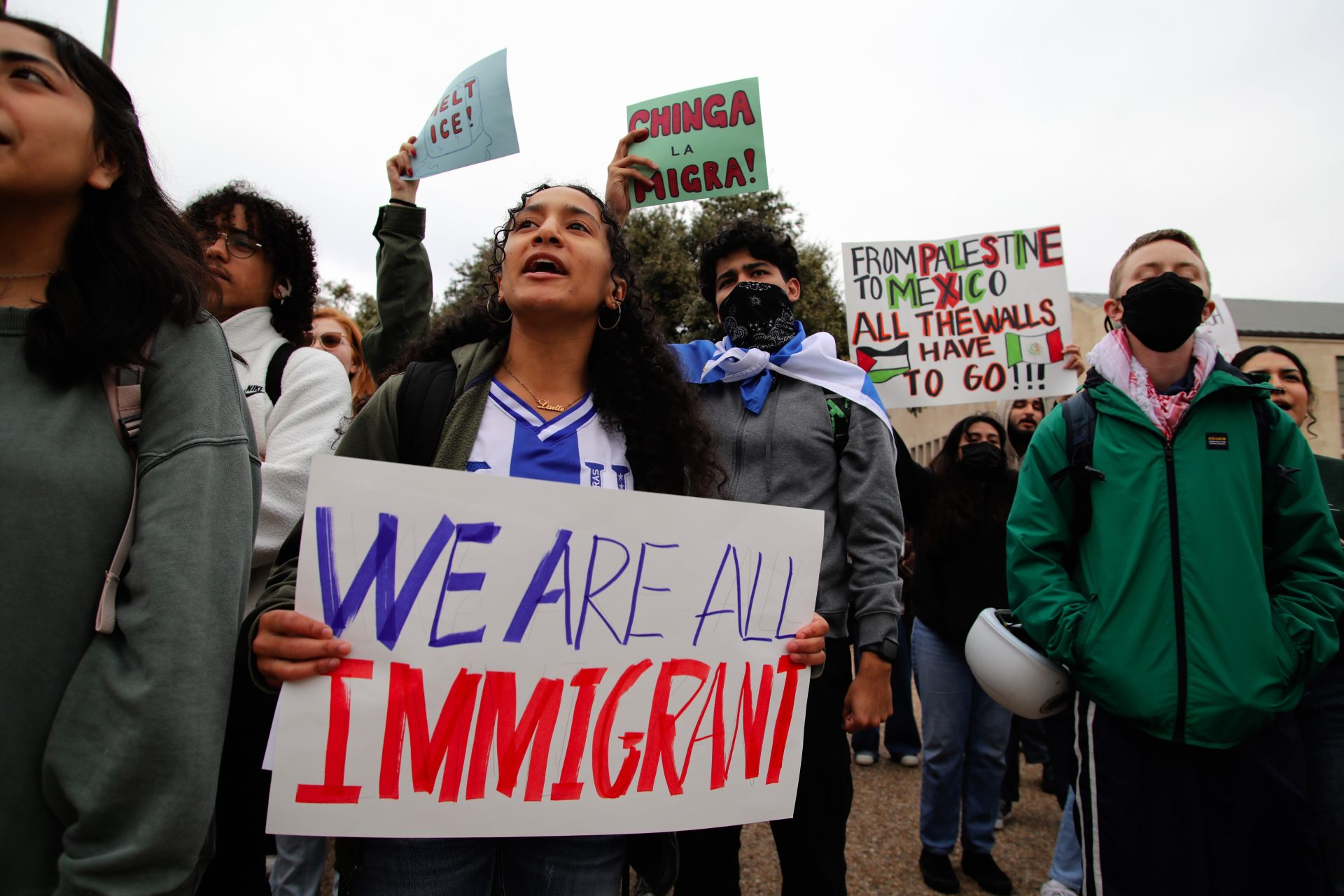
US Deportation Efforts: New Global Alliances
The United States seeks global partnerships to streamline the deportation of undocumented immigrants, posing a critical question: Can international cooperation truly reshape U.S. immigration enforcement?
At a Glance
- U.S. diplomats are negotiating with foreign nations to accept deported individuals.
- The Trump administration aims to establish a network for housing deportees globally.
- Countries like Kosovo and Costa Rica are cooperating, while Peru refuses involvement.
- The Supreme Court supports Trump’s effort to deport migrants to third countries.
- A self-deportation campaign offers incentives for voluntary return.
Global Partnerships for Deportation
U.S. diplomats have reached out to several countries to foster agreements for accepting deportees. A cable from March indicates the Trump administration’s intention to partner with willing nations. They aim to negotiate with nine countries across Africa and Central Asia, reflecting a move towards shared responsibility in managing immigration issues. The effort seeks to balance logistical and legal complexities with human rights considerations.
Watch report: Supreme Court backs Trump effort to fast-track migrant deportations
Kosovo agreed to accept 50 deportees, while Costa Rica holds dozens. However, diplomatic challenges persist as nations like Peru refuse to participate. Notably, the U.S. paid Rwanda $100,000 to accept an Iraqi man, with future deportations being discussed. The goal is to establish an international network to manage deportations efficiently, potentially inviting more countries to join this initiative.
Legal and Financial Strategies
The Trump administration employs multiple strategies to boost deportation efforts. A pivotal 6-3 Supreme Court ruling allows the U.S. to deport migrants to third countries, overriding an earlier injunction by Judge Brian Murphy. This legal backing empowers the administration’s broader strategy to facilitate up to one million deportations annually through self-deportation campaigns.
The campaign encourages self-deportation through monetary incentives, such as a $1,000 payment for voluntary departure, and provides government-funded travel. It’s an innovative approach compared to forcible deportations, which cost $17,100 per individual. This effort is supported by a $200 million international advertising campaign and reallocated refugee assistance funds.
Challenges and Opportunities
Despite these initiatives, challenges remain. Past programs like the Scheduled Departure initiative saw limited participation. Furthermore, the administration’s promise to allow self-deportees a chance to return legally remains uncertain due to existing re-entry bans. The conditions in migrants’ home countries and potential U.S. policy shifts also influence the effectiveness of deportation efforts.
The administration’s approach signifies a substantial experiment in immigration policy, exploring incentives for leaving, alongside penalties for staying, like fines and property confiscation. The success of these efforts could have far-reaching implications on long-term U.S. immigration policy and international cooperation frameworks.


